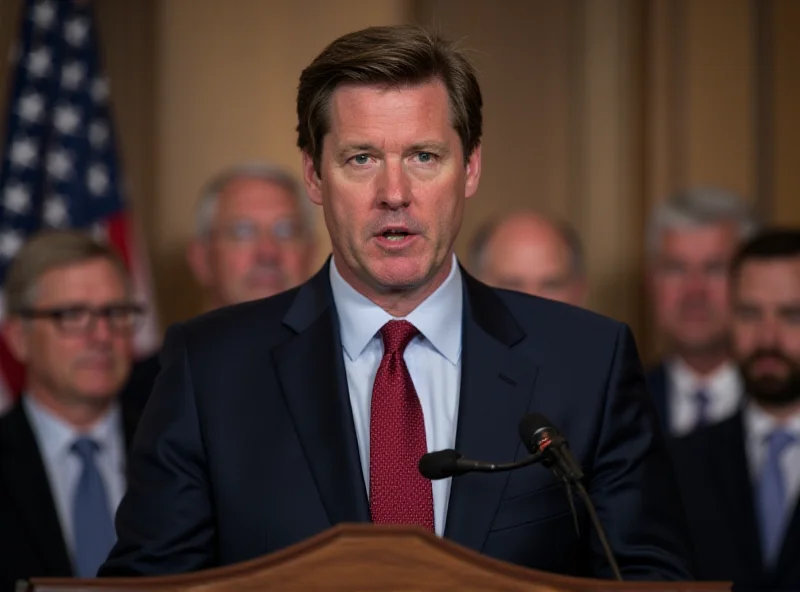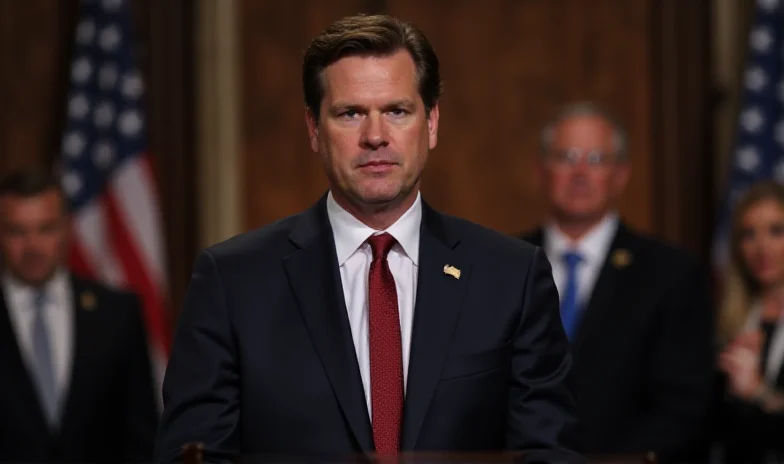This week's political news covers a range of pressing issues, from international drug policy to domestic legal challenges and the increasingly sharp tone of political discourse. We'll delve into statements about potential military action, the strain on judicial systems, and the use of inflammatory language in political debate.
Potential Military Action Against Fentanyl Labs?
Defense Secretary Pete Hegseth has sparked considerable debate by refusing to rule out military strikes against fentanyl labs in Mexico. In a recent interview with Fox News's Laura Ingraham, Hegseth addressed concerns over the production and trafficking of fentanyl, a highly dangerous synthetic opioid. While no concrete plans have been announced, the possibility of military intervention has raised questions about international relations and the potential consequences of such action. 
"We must explore all options to combat the fentanyl crisis," Hegseth stated, though stopping short of explicitly advocating for military strikes.
The implications of such a move would be significant, potentially impacting diplomatic relations and raising complex legal and ethical considerations.
Judicial System Under Strain in Catalonia
Meanwhile, in Spain, the judicial system in Catalonia is facing significant challenges. Reports indicate that a defendant may wait over a year to appear in court, even in cases involving theft. This backlog is exacerbated by the region's high crime rate, creating a "zero zone" for repeat offenses. The government is responding with a "shock plan" in Barcelona, aimed at reinforcing law enforcement and expediting judicial processes. Furthermore, there are plans to appoint 60 new judges in the coming years to alleviate the pressure on the system. 
The delays highlight the urgent need for reforms to streamline the legal process and ensure that justice is served efficiently. The situation has sparked public concern and calls for greater investment in the judicial infrastructure.
Political Insults and Shifting Alliances
The political climate in Spain has also been marked by increasingly harsh rhetoric. The article "Villains Wanted, Moncloa's Reason" points out that Prime Minister Sánchez, after calling someone a "Nazi," has seemingly exhausted his repertoire of insults when it comes to criticizing Feijóo. This tactic of using extreme language is seen as a way to deflect attention from concessions made to political allies.  The use of such inflammatory language raises concerns about the level of political discourse and its impact on public trust.
The use of such inflammatory language raises concerns about the level of political discourse and its impact on public trust.
Finally, the tragic case of Laura, a 14-year-old who took her own life after being bullied, has resurfaced. A court in Barcelona is reopening the case based on new witness testimony and the girl's own writings, which detail the horrific abuse she endured. This serves as a stark reminder of the devastating consequences of bullying and the importance of addressing this issue effectively.
